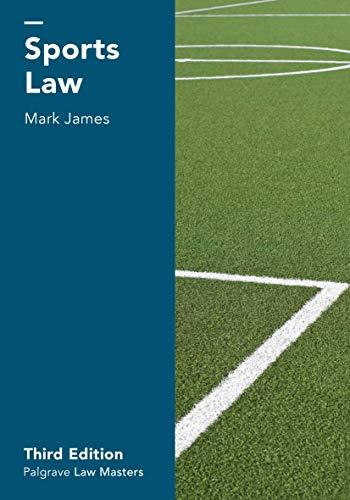Question
this is the question for this assignments also two post from my classmates. The only thing i need is the response to my classmates post
this is the question for this assignments also two post from my classmates.
The only thing i need is the response to my classmates post
How is the process of handling juvenile offenders different from the process used with adults?
- Name 2 procedural differences that raise your concern.
- To avoid arrest, what are some of the discretionary options a police officer has in dealing with juvenile offenders?
- What factors would you consider in your decision making?
- In what ways does community-oriented policing impact the decision-making process of handling juvenile offenders?
here is my classmates post:
classmate 1
The process of handling juvenile offenders differs from handling adult offenders in several ways. The juvenile justice system focuses more on learning from the mistakes made rather than punishing because juveniles are younger and giving chances to be better. Although juveniles can be tried in juvenile court but the difference is it is separate from the adult court. Lastly when researching more about juveniles I have learned that there are support services and opportunities for education to stop the juvenile to commit further crimes. One procedural concern for juveniles I would have is there being to much rehabilitation and not enough accountability on the juvenile to me that raises concern and a lack of discipline. On the other hand adults can be charged more harshly and serve the longer punishment so for me there should be more of a healthy balance between being punished and learning from mistakes made but that also depends on the crime committed itself.
Next when dealing juvenile offenders police officers have different options. When identifying some of these options they are verbal judo and using verbal warnings to deescalate the situation, Another option could be involving the parents in the situation to make sure there are no further issues in the future, and counseling can also be a great option to let the juvenile get support and learn from the mistakes they are making which can judge their behavior. The factor I would feel strongly doing as an officer is one using verbal judo and also getting the parents involved as well. I say this because if I can give my insight and tips to help change the juveniles behavior that means a lot to me if I can somehow change this persons life for the better. I also say I would get the parents involved because that is who is with the juvenile day in and day out it is important for the parents to know what their child is doing so they can discipline he or she and get the child going down a right path for the future.
Community oriented policing can impact the decision making process of handling juvenile offenders in a very helpful way. This collaboration can prevent crimes by having law enforcement and community members on the same page to stop juvenile offenders. This also can build a trust between the community and law enforcement which is a key factor to help gather important information and they can help each other which causes prevention.
Overall community policing can be a very effective approach to dealing with juvenile offenders.
classmate 2
1. How is the process of handling juvenile offenders different from the process used with adults?
- The process of handling juveniles differs in many ways. When it comes to juveniles the main focus is to get them help rather than punishment to decrease the likelihood of crime occurring again. They also go through different processes, for example, a trial which is what adults go through, for juveniles it is an adjudication hearing. A difference that raises my concern is that juveniles cannot be detained for longer than 6 hours, which at first sounded more positive to me but after thinking about it, it allows juveniles to know that the punishment isn't harsh and they will get right out, creating more room for delinquent crime to keep occurring. Another one that raised my concern is that a juvenile under the age of 12 cannot be charged with a crime. It does make sense but at the same time, they are able to understand the difference between right and wrong.
2. To avoid arrest, what are some of the discretionary options a police officer has in dealing with juvenile offenders?
- To avoid arrest there are some steps/things a police officer can do like first require or refer a juvenile officer, questioning only, release with a warning depending on the crime, etc. The factors that I would consider would be the extent of the crime, how old they are, if they are respectful, as well as having a juvenile officer with me.
3. In what ways does community-oriented policing impact the decision-making process of handling juvenile offenders?
- Community-oriented policing is beneficial in several ways especially when it comes to handling juvenile offenders. Having good human relations skills and being able to understand and respect juveniles the same as adults is important in the decision-making process with juveniles. It also is key when it comes to getting juveniles help and access to the several programs that there are.
Zivkovich, D., Massachusetts juvenile arrest procedures: Effective July 13, 2018 1-11 (2018).
Step by Step Solution
There are 3 Steps involved in it
Step: 1

Get Instant Access to Expert-Tailored Solutions
See step-by-step solutions with expert insights and AI powered tools for academic success
Step: 2

Step: 3

Ace Your Homework with AI
Get the answers you need in no time with our AI-driven, step-by-step assistance
Get Started


